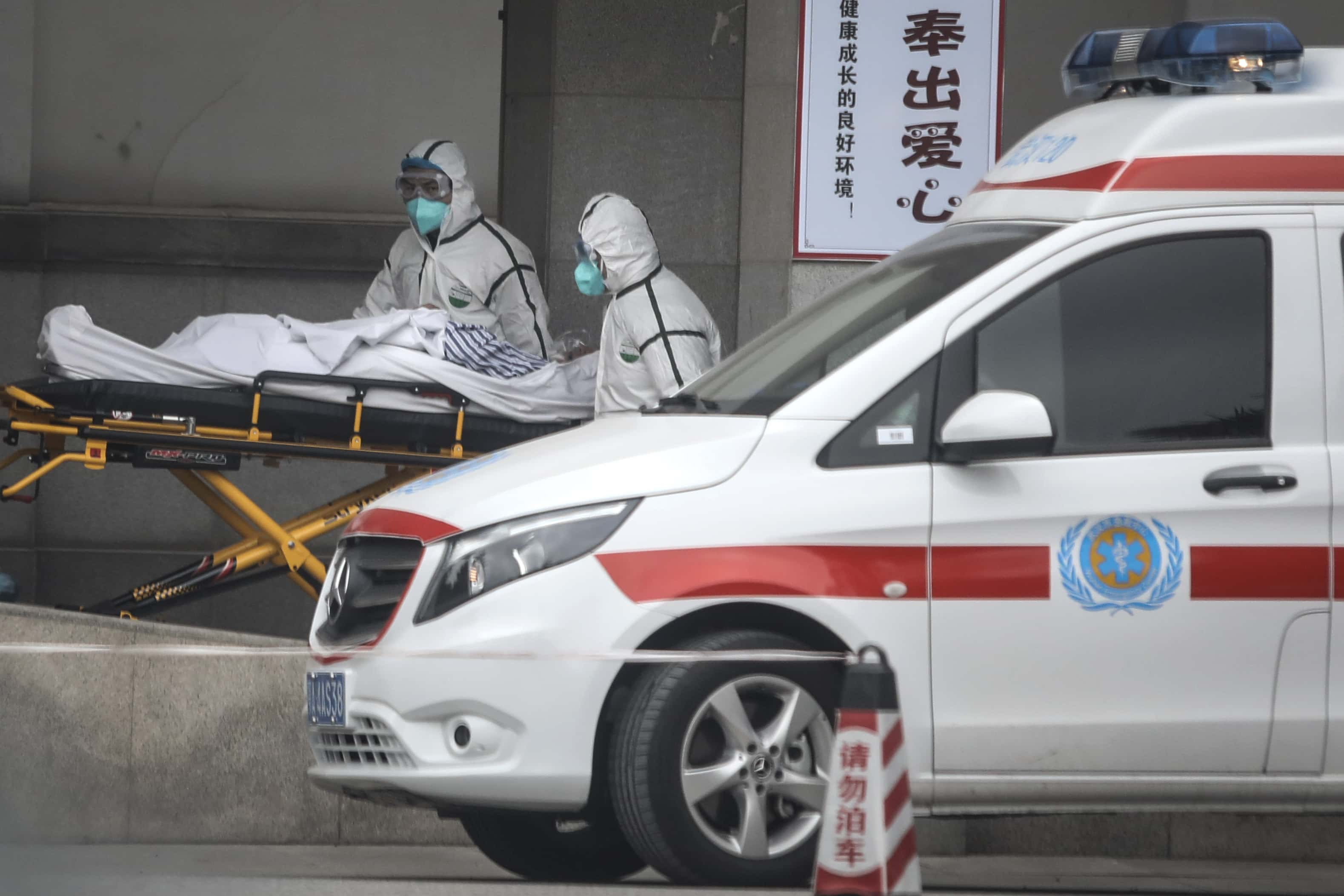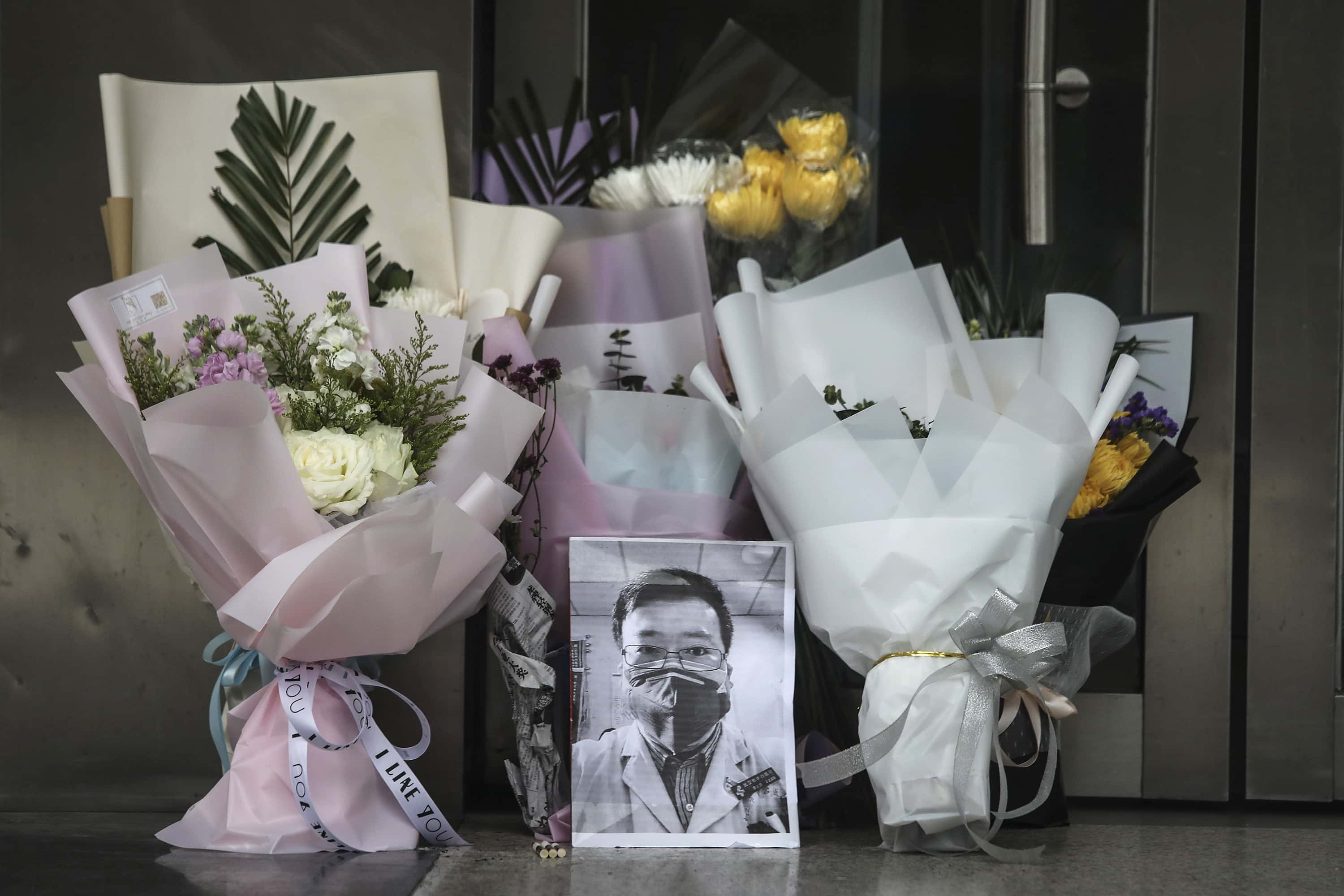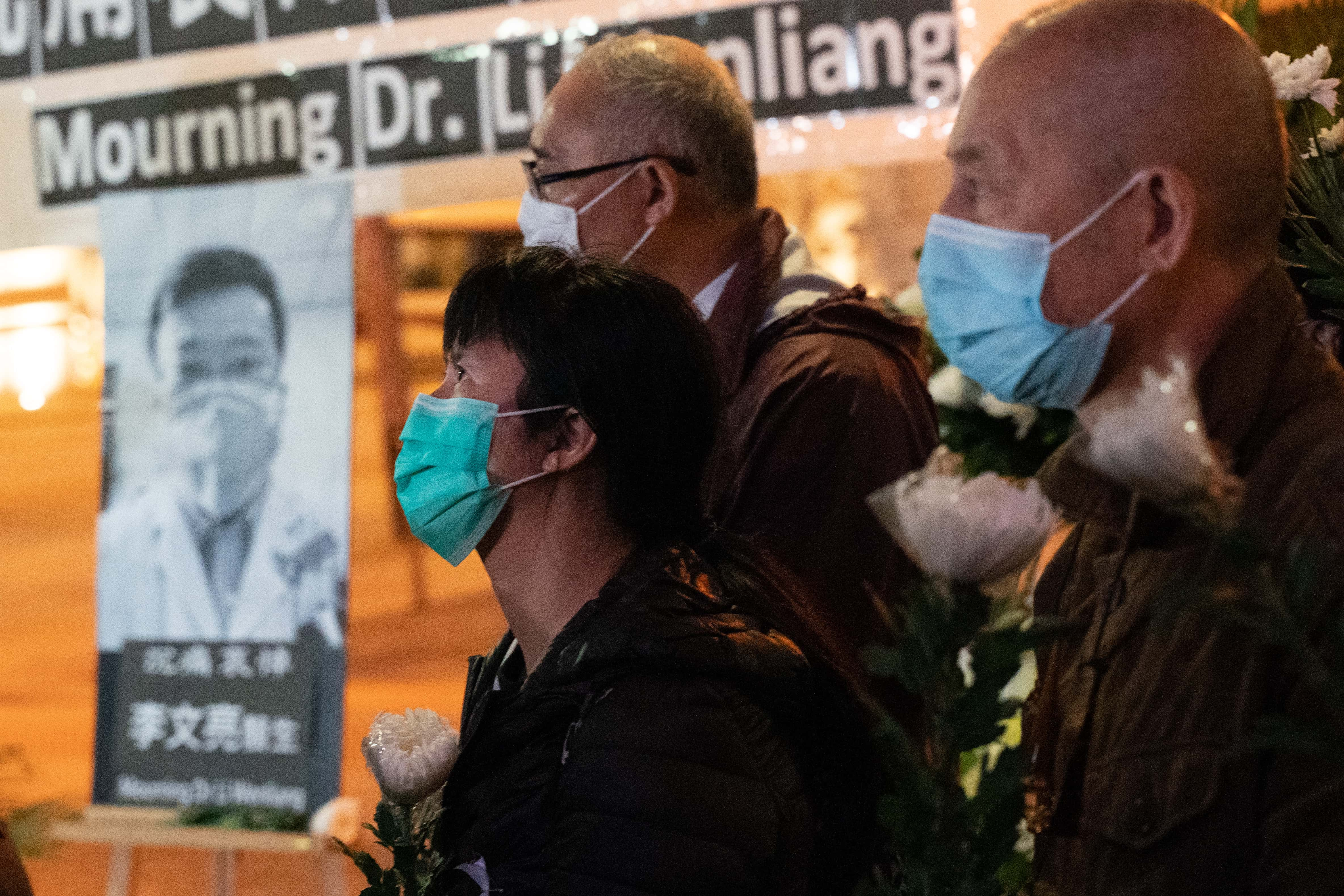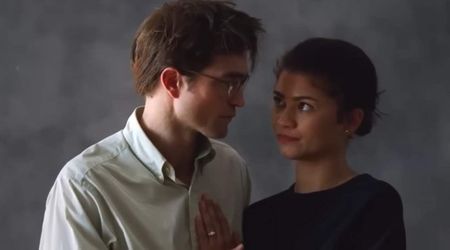'76 Days': Who is Li Wenliang? Whistleblower doctor died a hero as he fought Covid-19 and Chinese authorities

On January 23, 2020, China locked down Wuhan, a city of 11 million, to combat the emerging COVID-19 outbreak. Set deep inside the frontlines of the crisis in four hospitals, '76 Days' tells the human stories of healthcare workers and patients who struggle to survive the pandemic with resilience and dignity.
But way before Chinese authorities acknowledged there was a problem and imposed a lockdown, in December 2019, one doctor was already trying to get fellow doctors to pay attention to the 'SARS-like' illness affecting the residents of Wuhan. Dr. Li Wenliang studied clinical medicine at Wuhan University. After graduating, he first worked in Xiamen, a port city in China's southeast, before coming back to Wuhan to take up a position as an ophthalmologist at the Wuhan Central Hospital in 2014. It was to become one of the health facilities at the epicenter of the COVID-19 outbreak.

On December 30, 2019, Li sent a private WeChat message to his medical-school contacts. He told them about seven patients with an unknown virus that resembled severe acute respiratory syndrome (SARS). He also pinpointed the origin of the virus saying that all seven had worked at or visited the Huanan Seafood Wholesale Market, in Wuhan, Hubei province, China. Even though it was meant to be a private message, in which he encouraged them to protect themselves from infection, screenshots of his message went viral on Chinese social media. The same day, the Wuhan Municipal Health Commission published a notice warning that some people had contracted "a type of pneumonia" and warned that "organizations or individuals" were not allowed to "release treatment information to the public without authorization".
Four days later, Dr. Li Wenliang was summoned to the Public Security Bureau in Wuhan and made to sign a statement in which he was accused of spreading “untrue discourse” on the internet which in turn had “severely disrupted social order… and violated the relevant provisions of the law of the People’s Republic.” The letter he was made to sign stated: "We solemnly warn you: If you keep being stubborn, with such impertinence, and continue this illegal activity, you will be brought to justice — is that understood?" Beneath that, Dr Li wrote, "Yes, I do." Li was not detained, and he returned to work.
But rather than keep a low profile despite the threat of police action in a country where the disappearance of dissidents is not uncommon, Dr Li decided to take a stand. He published the "warning letter" he was given on his profile on the social media site Weibo. For the first few weeks of January, officials in Wuhan were insisting that only those who came into contact with infected animals could catch the virus. No guidance was issued to protect doctors. Dr Li unknowingly treated a woman infected with the coronavirus. Two days later, he checked himself into the hospital after showing symptoms.

On January 31, Dr Li posted an update about him contracting the virus to Weibo, saying: “After receiving the patients with new coronavirus pneumonia, I started to have cough symptoms on 10 January, fever on 11 January and hospitalisation on 12 January.” He also subtly mocked the authorities for making him sign the letter preventing him from talking about the illness he was now sick with. Therefore, Dr Li was one of the doctors to spread information that human-to-human transmission was possible at a time when authorities were trying to suppress this information. In the post, he tells those following his Weibo account that he lives in "the ICU [intensive care unit]" and that his parents and some of his patients are also sick with the same virus and are in the hospital with him. He thanks netizens for their support.
On February 1 Dr Li posted his final message to his Weibo account: “Today the nucleic acid test result is positive, the dust has settled and the diagnosis has finally been confirmed.” He also posts a picture of himself lying on the hospital bed and wearing a respirator, clicked on his smartphone. On February 6, Dr Li is declared dead at 9:30 pm local time and this is reported by both Global Times, a state-run newspaper, and People’s Daily website – the official newspaper of the Communist Party. But as it becomes apparent that his death is sparking online activism over the government's handling of the crisis and the censorship of information that could save lives, Dr Li is "miraculously" said to be still alive and undergoing treatment.

"We want freedom of speech" starts trending on Chinese social media platforms but accounts associated with such activism are deleted or censored and such content is quickly scrubbed. On February 7, the death of Dr Li is officially acknowledged but conversations about Dr Li's death are scrubbed from the Chinese internet platforms. However, it becomes apparent that censorship is not going to work. As the virus takes its toll and as more people fall sick and die, Dr Li becomes the first "martyr" who called attention to the mismanagement of the COVID-19 crisis by government authorities. Vigils are held all over the country to mourn his passing and a tribute altar springs up outside the hospital where he worked and served the people of Wuhan till his dying breath.
'76 Days' is brought to the US by MTV Documentary Films and will be launched in virtual cinemas beginning Friday, December 4.










